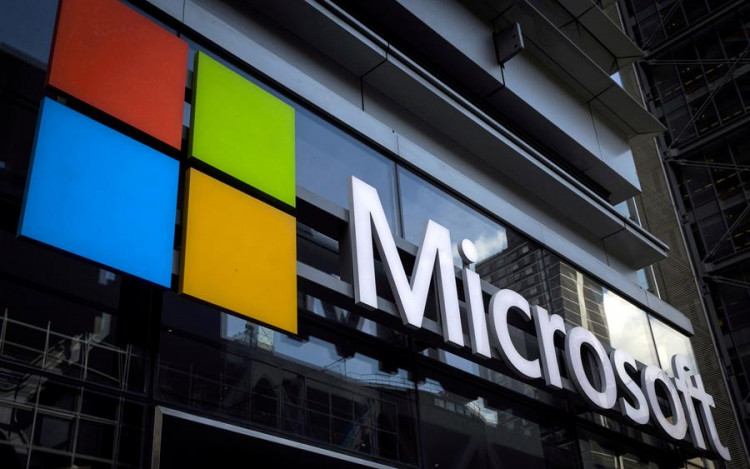Microsoft's proposed $69 billion takeover of gaming firm Activision Blizzard has been approved by Britain's top competition watchdog, the Competition and Markets Authority (CMA). This decision marks the removal of the last major regulatory hurdle, paving the way for the deal to close.
The CMA's approval comes with a stipulation: Microsoft can acquire Activision but without the cloud gaming rights. The regulator emphasized that this arrangement would prevent Microsoft from monopolizing the burgeoning cloud gaming market, thereby ensuring competitive prices and services for UK cloud gaming customers. The CMA's statement on Friday highlighted its commitment to fostering a competitive environment in the rapidly evolving cloud gaming sector.
This decision represents a significant shift from the CMA's earlier stance. The regulator had previously expressed concerns about the acquisition's potential to stifle competition in the nascent cloud gaming market. The CMA's apprehensions were rooted in the possibility of Microsoft gaining an undue advantage in cloud gaming, especially with popular Activision titles like "Call of Duty" potentially becoming exclusive to Microsoft platforms.
Cloud gaming, often likened to streaming platforms like Netflix, is viewed as the next big thing in the gaming industry. This technology allows users to stream games without the need for high-end consoles, enabling gameplay on devices like PCs, mobiles, and TVs.
Microsoft's initial proposal to acquire Activision Blizzard in January 2022 met with regulatory challenges not just in the UK, but also in the U.S. and Europe. The CMA had earlier blocked the deal, citing competition concerns. However, Microsoft, in its bid to address these concerns, proposed a series of concessions. Central to these concessions was the divestiture of cloud rights of Activision games to French game publisher Ubisoft Entertainment. This move was designed to ensure that cloud gaming providers could use non-Windows operating systems for Activision content, leading to reduced costs and increased efficiency.
The European Union was the first major regulator to approve the deal in May, after Microsoft presented its concessions. In the U.S., the Federal Trade Commission (FTC) initially opposed the acquisition. However, a subsequent court ruling in July thwarted the FTC's efforts to block the deal.
Microsoft's revised proposal to the CMA in August outlined that the tech giant would not acquire cloud rights for existing Activision PC and console games or for new games released by Activision over the next 15 years. Instead, these rights would be transferred to Ubisoft Entertainment before the acquisition.
Sarah Cardell, CEO of the CMA, lauded the revised deal, stating that the sale of Activision's cloud streaming rights to Ubisoft would prevent Microsoft from dominating the cloud gaming market. She emphasized the CMA's role in ensuring competitive prices, better services, and more choice for consumers.
However, the CMA also criticized Microsoft's negotiation tactics during the process. Cardell remarked that Microsoft had the opportunity to restructure the deal during the initial investigation but chose to persist with measures that the CMA found unsatisfactory.
Microsoft President Brad Smith expressed gratitude for the CMA's review and decision, noting that the acquisition would benefit players and the gaming industry globally. Bobby Kotick, CEO of Activision Blizzard, echoed this sentiment, expressing excitement about the company's future with Microsoft.
Throughout the regulatory process, Microsoft has been keen to assure regulators and competitors that it will not make games exclusive. The tech giant has inked several deals to ensure game availability across various platforms, reinforcing its commitment to a competitive gaming landscape.






